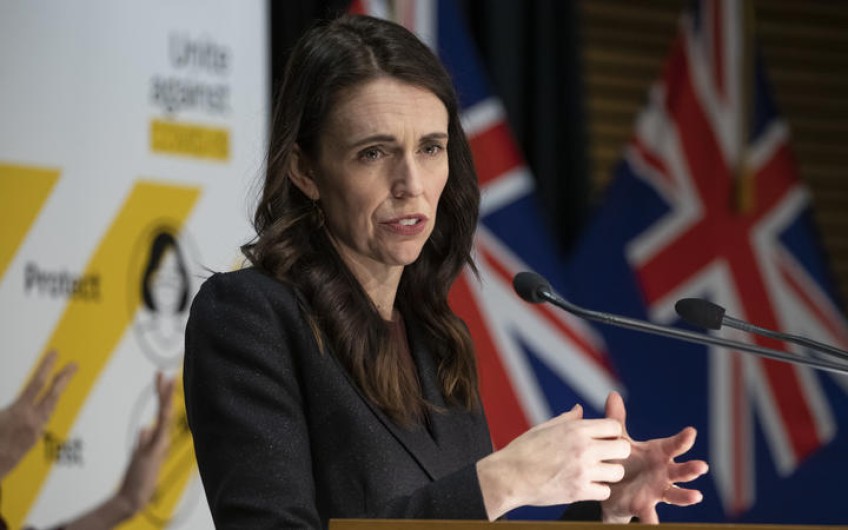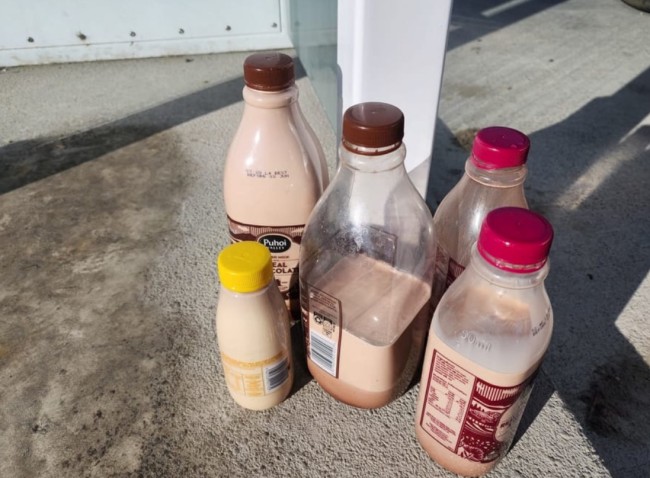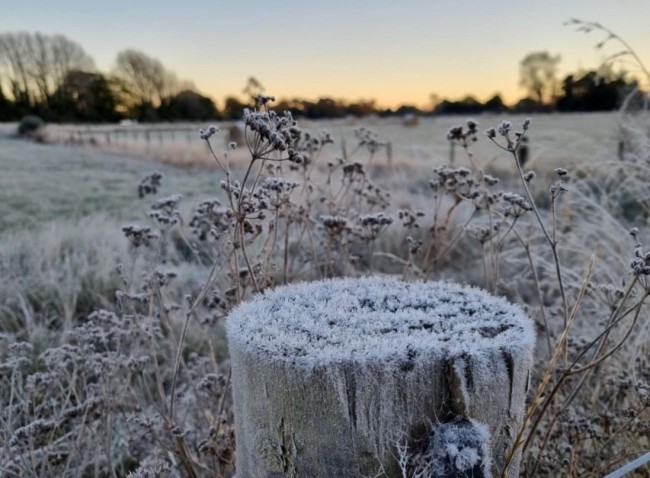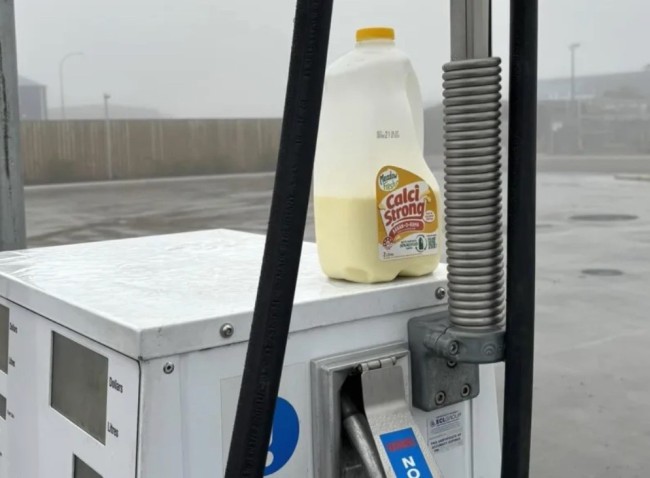
NZ to stay at Red Covid setting until April 14 - at least
The country will remain at the red Covid-19 traffic light setting, Prime Minister Jacinda Ardern says.
Ardern made the announcement at today's post-Cabinet media briefing from about 4pm.
She said the rolling average of cases had declined 36 percent in the two weeks since the government refined the traffic light system.
There had been early data showing an uptick since mid-March in people visiting places of retail and recreation in Auckland, as well as more people returning to workplaces, she said.
While cases were dropping in Auckland, Wellington and Tairāwhiti others regions like Canterbury, Northland and Waikato were not experiencing the same drop. Hospitalisations in some DHBs were not expected to peak until mid- to late-April.
"So for now, New Zealand will remain at red," Ardern said.
The next review of the traffic light settings will be on Thursday 14 April.
The National Party wants the traffic light system scrapped completely.
The prime minister told Morning Report vaccine mandates and the traffic light system had made a big difference but said the first Omicron peak had passed in parts of the country.
She warned it was only the first wave of Omicron and there would be more waves and new variants coming.
Ardern said precautions that were known to be effective in preventing the spread of Covid-19, such as mask use and gathering restrictions, would continue to be required, even if it was decided that parts of the country could move to the orange setting.
Here's full details of today's announcement:
New Zealand is seeing a drop in cases, but as Omicron takes hold in our regions, public health advice tells us now is not the time for the country to move to Orange, COVID-19 Response Minister Chris Hipkins confirmed today.
“It’s encouraging to see fewer cases. Yesterday was the lowest number we’ve seen since 25 February,” Chris Hipkins said.
“Four weeks ago we were averaging around 20,000 cases a day, compared to today where that average is just over 13,000. But while the drop in cases is mainly in Auckland and Wellington, other places aren’t yet in the same position.
“Hospitalisations have dropped in Auckland, but continue to plateau or increase in regions like Canterbury, Waikato and Northland. Hospitalisations are not peaking in some DHBs until mid-April.
“As a result, the public health advice is that it is not yet the time to ease the existing restrictions and drop down to Orange. Ministers will review these settings again next week.
“We have put this check in place due to the pace at which we are seeing the COVID-19 situation changing, and acknowledging that Easter and the upcoming school holidays are an important time for businesses – particularly those in our tourist regions,” Chris Hipkins said.
As we’ve learned over the last two years, keeping ourselves and each other safe from COVID-19 continues to be a team effort.
“Nearly two weeks ago we announced changes to the COVID-19 Protection Framework to make it simpler and allow us to live more normal lives, while keeping the public health measures in place that we know work. We also announced changes to vaccine passes and mandates,” Chris Hipkins said.
“At 11:59pm tonight, Kiwis will no longer need to use My Vaccine Pass. This was an extremely useful tool while we were getting the country vaccinated and in our fight against Delta, but with around 95% of the eligible adult population at least double dosed, we no longer need this. Businesses will still be able to use the system if they choose to but from tonight, it’s not required.
“Government vaccine mandates for all sectors except health and care workers, prison staff, and border workers will be removed from tonight. They remain for health and care workers and prison staff because they come into contact with a lot of people who are at high risk of serious illness from COVID-19, and for our border workers because they are the first people who would likely be exposed to any new variant of concern that emerges internationally.
“Our COVID-19 response has always prioritised the health of kiwis by ensuring we’re protecting our immunocompromised and high-risk members in our communities.
“Red means wearing a face mask in most indoor settings, limiting indoor capacity to 200, and if you catch COVID-19 – or someone you live with does – isolating for 7 days.
“Next to being vaccinated and having a booster, face masks are our best defence against COVID-19. Wearing them can reduce new cases of the virus by as much as 53%. That means by putting on a face mask you are contributing to lowering our case numbers, lowering the numbers of people in hospital, and lowering the number of deaths,” Chris Hipkins said.

























